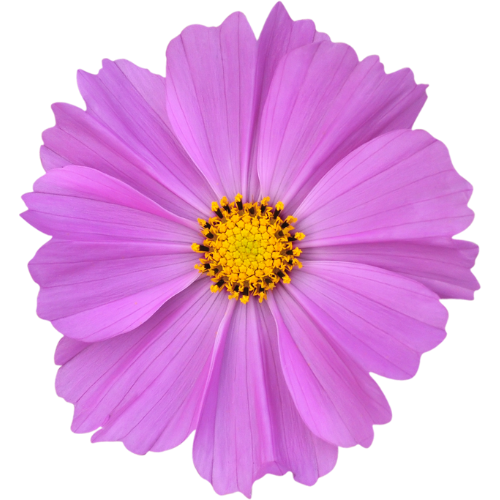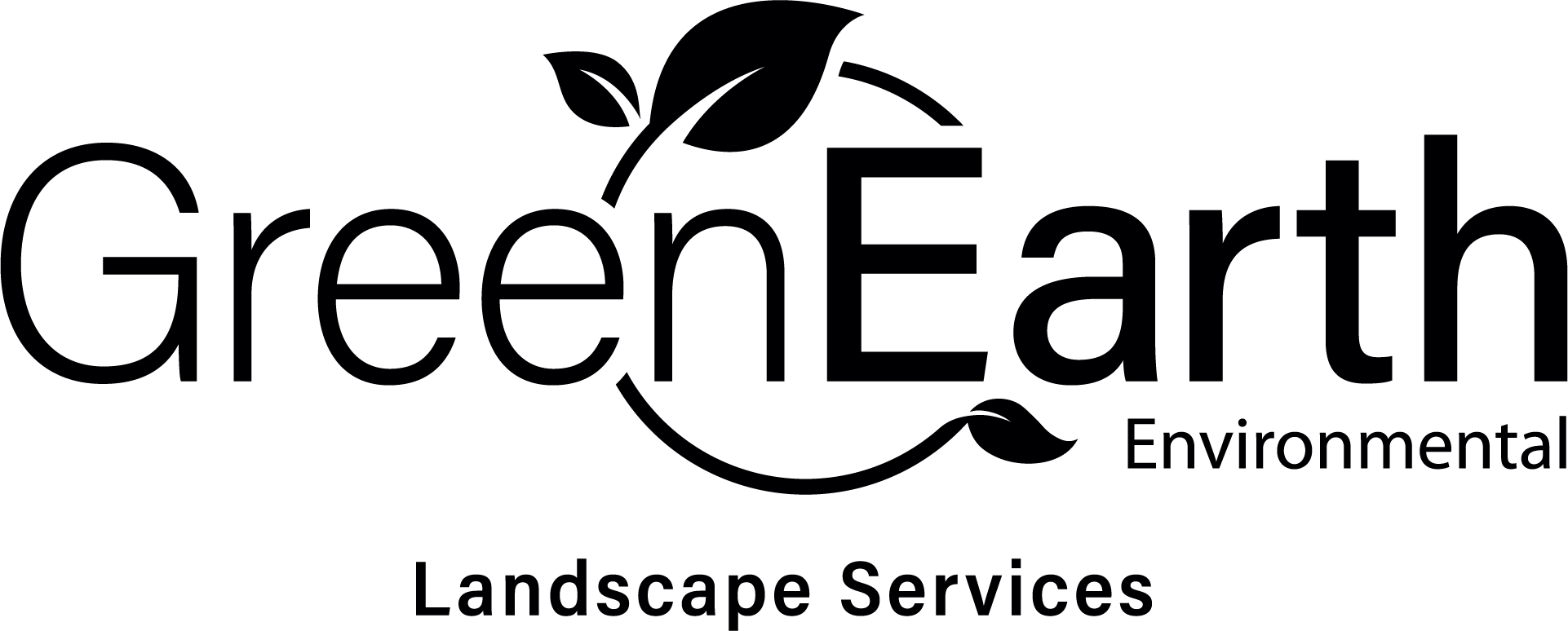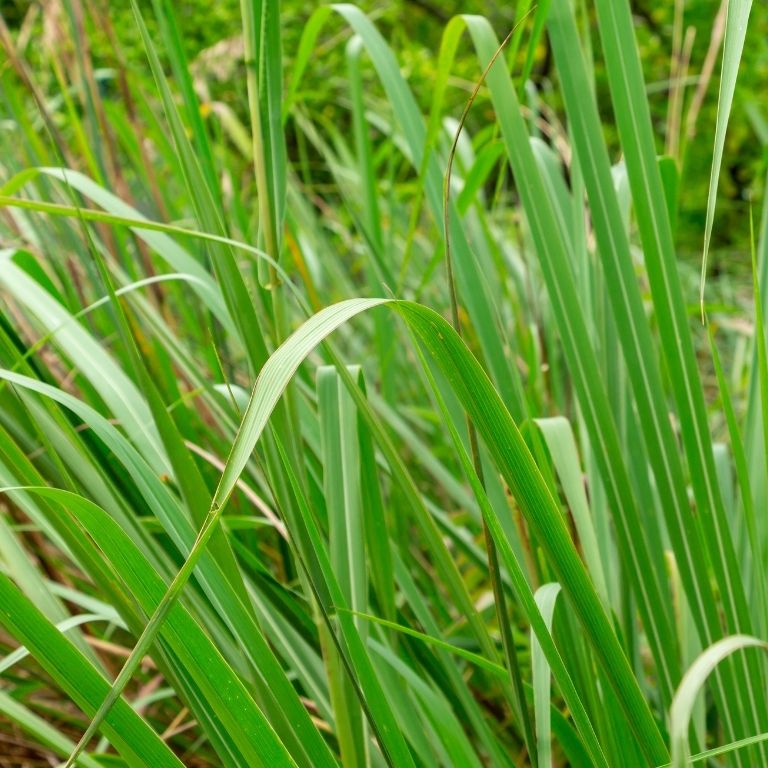Native Gardens
(866) 734-2422
What is a Native Garden?
A native garden, or native plant gardening, is the process of planting and caring for plants native or originating from the area. Native plants are superior and offer significant benefits to the environment.
Why Are Native Plants Important?
Native plants are plants that originate from a particular area before human involvement. Plants native to areas have evolved and adapted to the local environment, including topography, climate, and wildlife. Native plants are essential parts of the local ecosystem, making them a must-have feature in any part of your landscaping. Those looking to add native plants to their landscaping or want to develop a native garden, you’ll learn:
Local wildlife have symbiotic relationships with native plants
Native plants are well adapted to the local climate
Eco-friendly as they require less fertilizer and pesticides

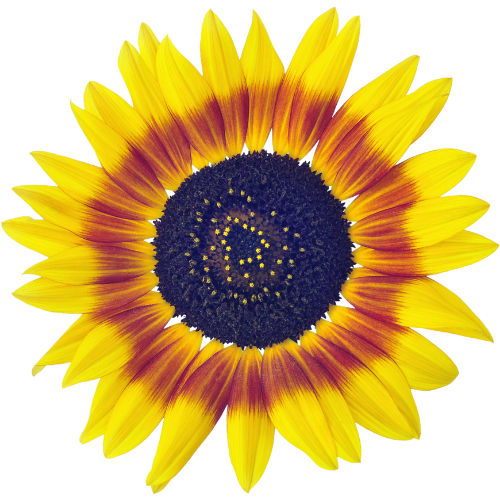
Benefits of a Native Garden
Choosing to build a native garden in your backyard will benefit the ecosystem and you. These gardens turn out stunning with little to no maintenance on your part.
A native plant garden increases the value of your home while contributing to the larger local ecosystem.
Environmentally-Friendly
It’s hard to think of plants as not environmentally friendly, but it comes down to what’s used to care for them. Many non-native plants require pesticides and fertilizers to grow into healthy adults. These chemicals impact the local environment by harming local wildlife and contributing to the elimination of much-needed pollinators. Native plants are able to withstand pests and local conditions much more appropriately without the addition of pesticides and fertilizers.
Less Maintenance
Native plants have had a long time adjusting and evolving according to the local climate. This gives them the ability to retain more moisture. As a result, native plants don’t need as much watering as non-native plants. You won’t have to spend as much time watering your landscaping when native plants are integrated. When native plants can hold more moisture, they prevent erosion as well. These advantages are what will keep your landscape looking kept with less maintenance.
Save Money
Your native plants will not require as much attention or water from you. In turn, this lowers your monthly water bill. Non-native plants are not as well accustomed to the climate as they require watering more often. Native plants can retain moisture from the soil more effectively, lowering necessary maintenance. Your utility bill will also go down as you use less water for your landscaping and native garden. Native gardens save you not only time but also money.
Attract Wildlife
Non-native plants have a more difficult time attracting wildlife because they haven’t had enough time to develop symbiotic relationships. Native plants have evolved and adapted alongside local wildlife, making them more attractive. We can develop a native garden that also acts as a butterfly habitat or a wildlife garden. Native plants are capable of attracting bees, butterflies, hummingbirds, squirrels, rabbits, and more! Give these animals a food source and a place to rest with a native garden.
WHICH TO CHOOSE
Native Plants in South Florida
There are many South Florida native plants you can choose to plant in your landscaping or garden. Our professional landscaping team will work with you on finding the right plants for the native garden you want. Here are some plants native to South Florida you may want your garden:
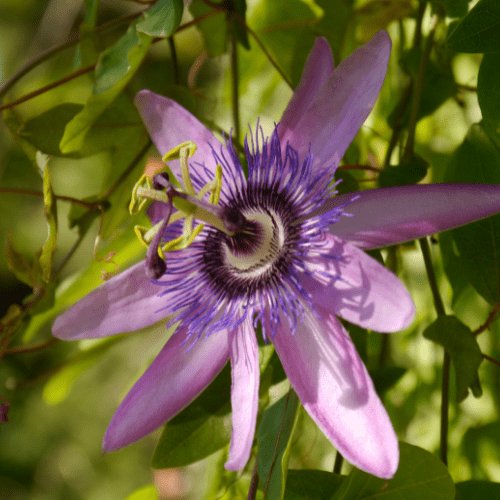
Purple Passionflower
This vine plant is perfect for crawling along the ground or climbing a trellis as it blooms unique flowers that only open for about a day.
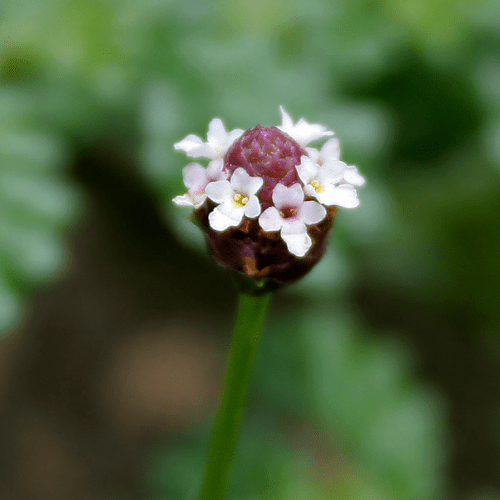
Frog Fruit
This evergreen only grows a few inches off the ground as it attracts bees, butterflies, and hummingbirds with its tiny white and purple flowers.
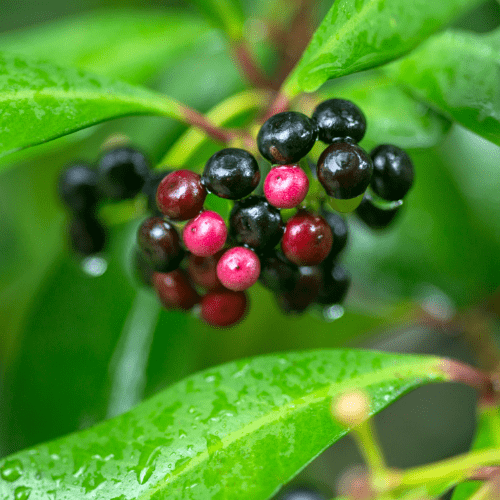
Marlberry
The marlberry is an evergreen shrub that blooms and produces fruit enjoyed by animals and humans alike throughout the year.
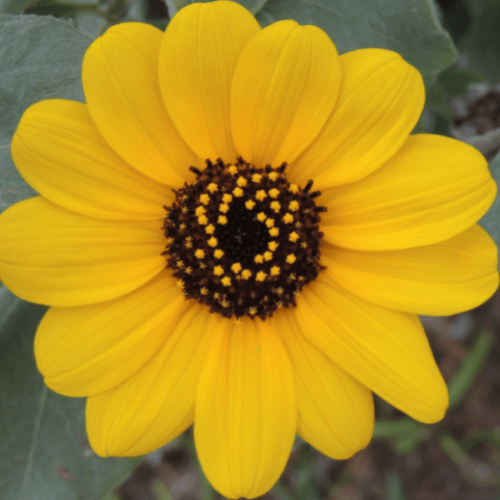
East Coast Dune Sunflower
Also known as a beach sunflower, the east coast dune sunflower resembles a daisy or sunflower that blooms year-round.
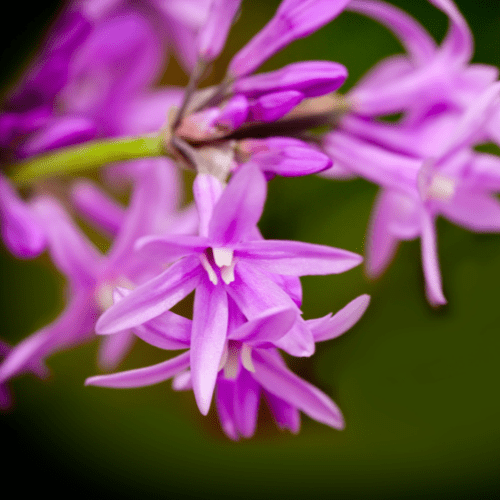
Society Garlic
Sweet-smelling when grown, crushed society garlic has been known to be a great substitute for traditional garlic in cooking.
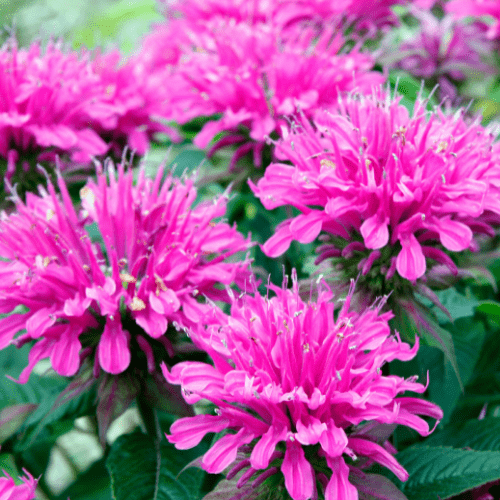
Bee Balm
Bees, butterflies, and hummingbirds love bee balm as it gives perennial flowers in red, pink, and purple shades.
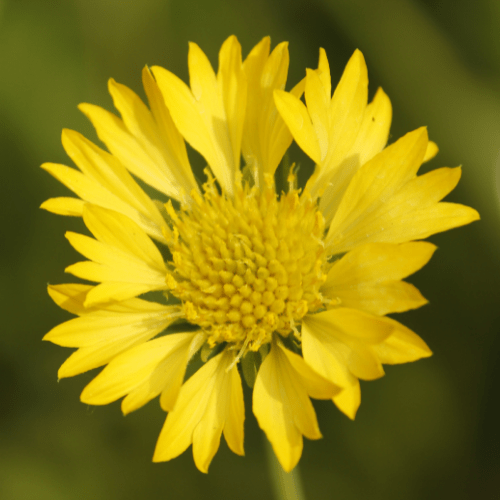
Lanceleaf Blanketflower
This Florida perennial wildflower appears yellow from the front but presents a much different look from behind in the color of red, purple, pink, and even white.
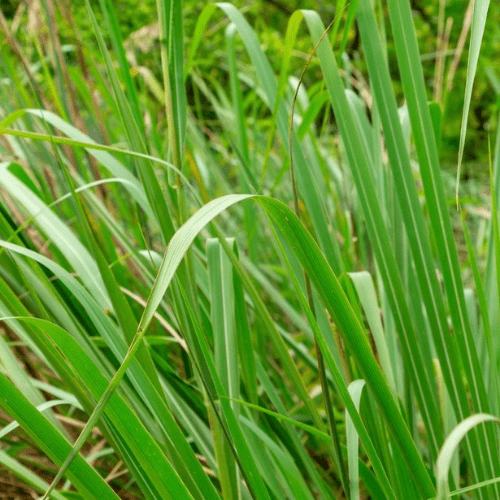
Fakahatchee Grass
Also known as Eastern Gamagrass, this grass is easy to grow. It’s perfect for bordering landscapes or integrating into butterfly gardens as an ideal food source for Byssus Skipper butterfly larvae.
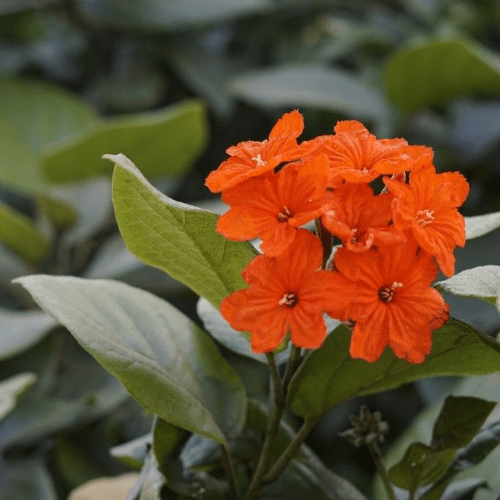
Orange Geiger
To some, the Orange Geiger is the most beautiful Florida native tree. It blooms clusters of orange, yellow, or white flowers. This low-maintenance tree is perfect for almost any size yard.
